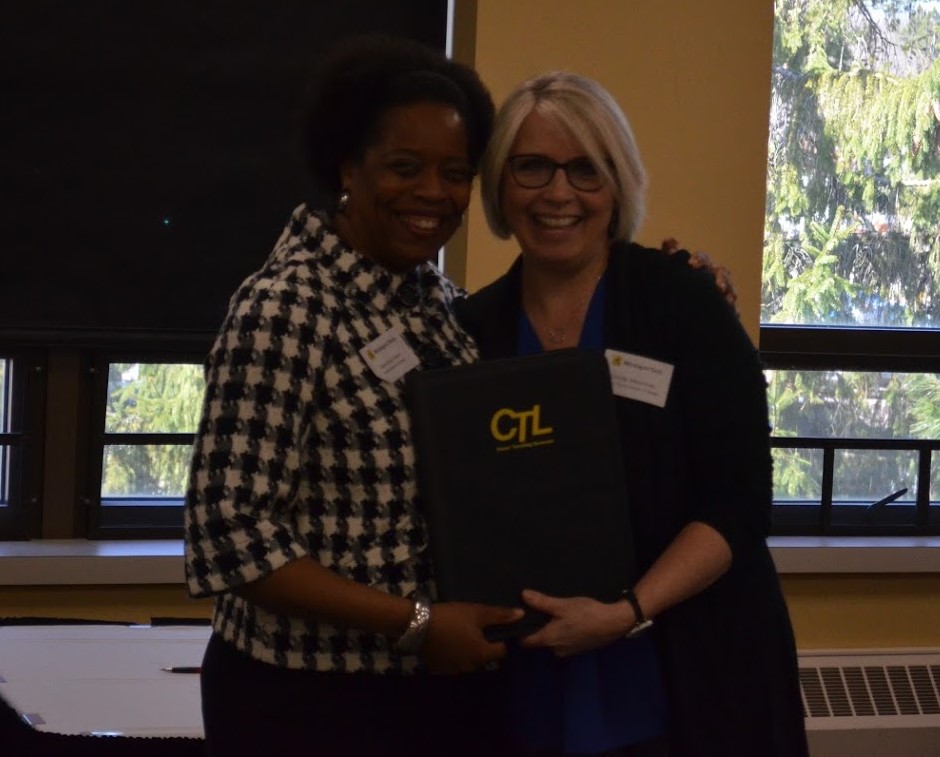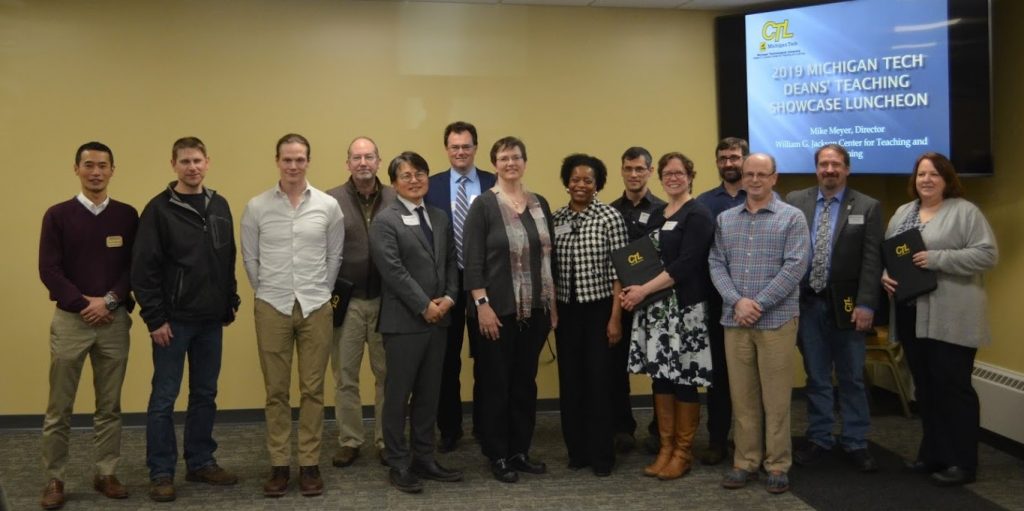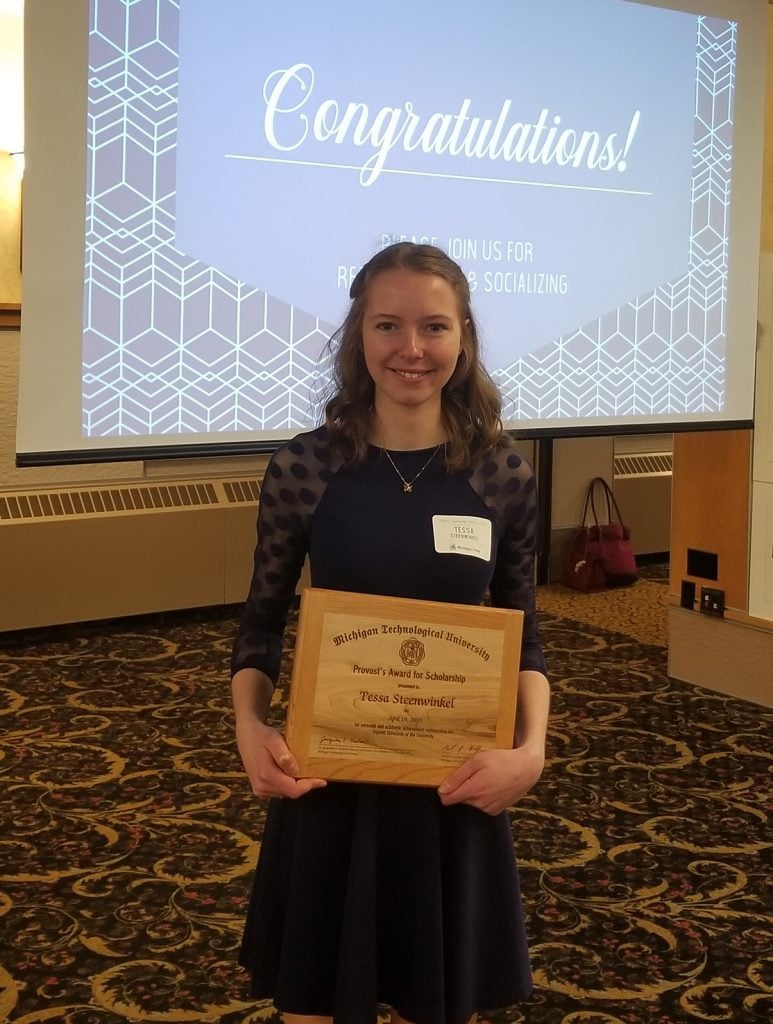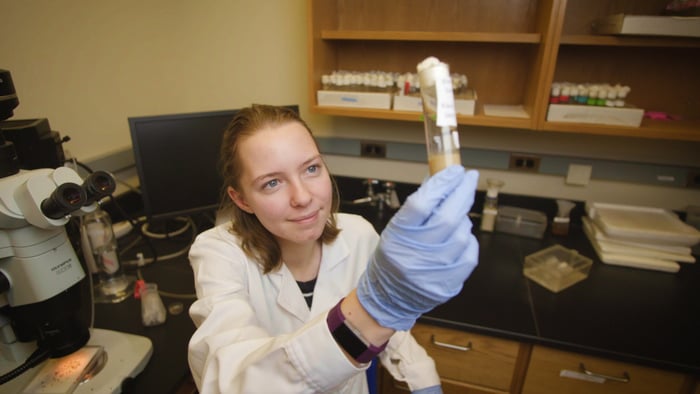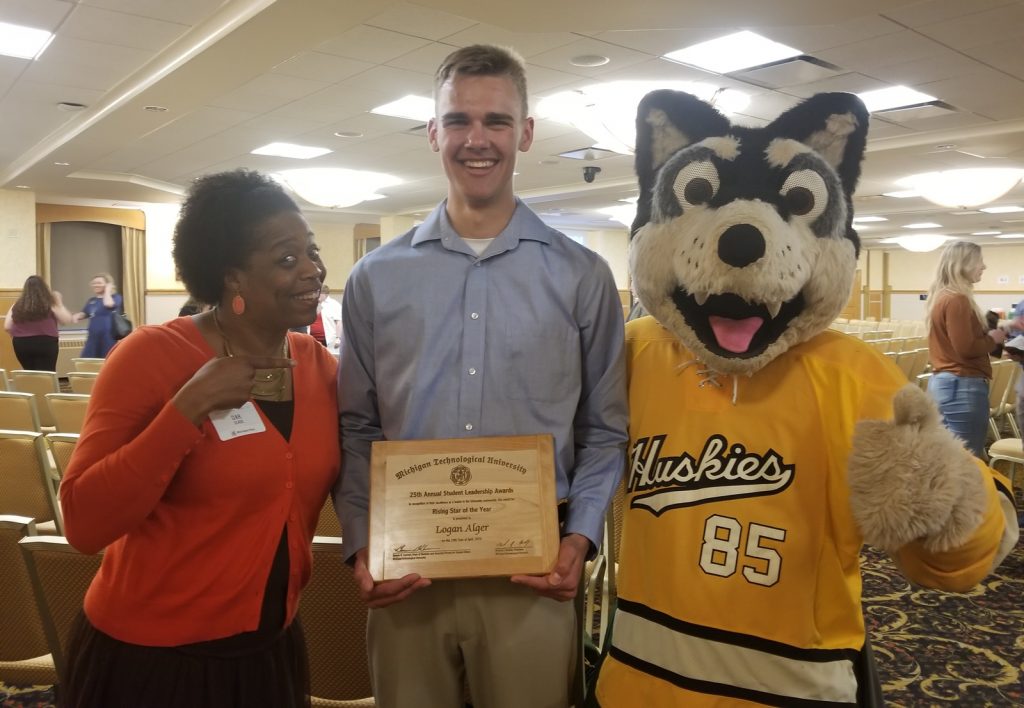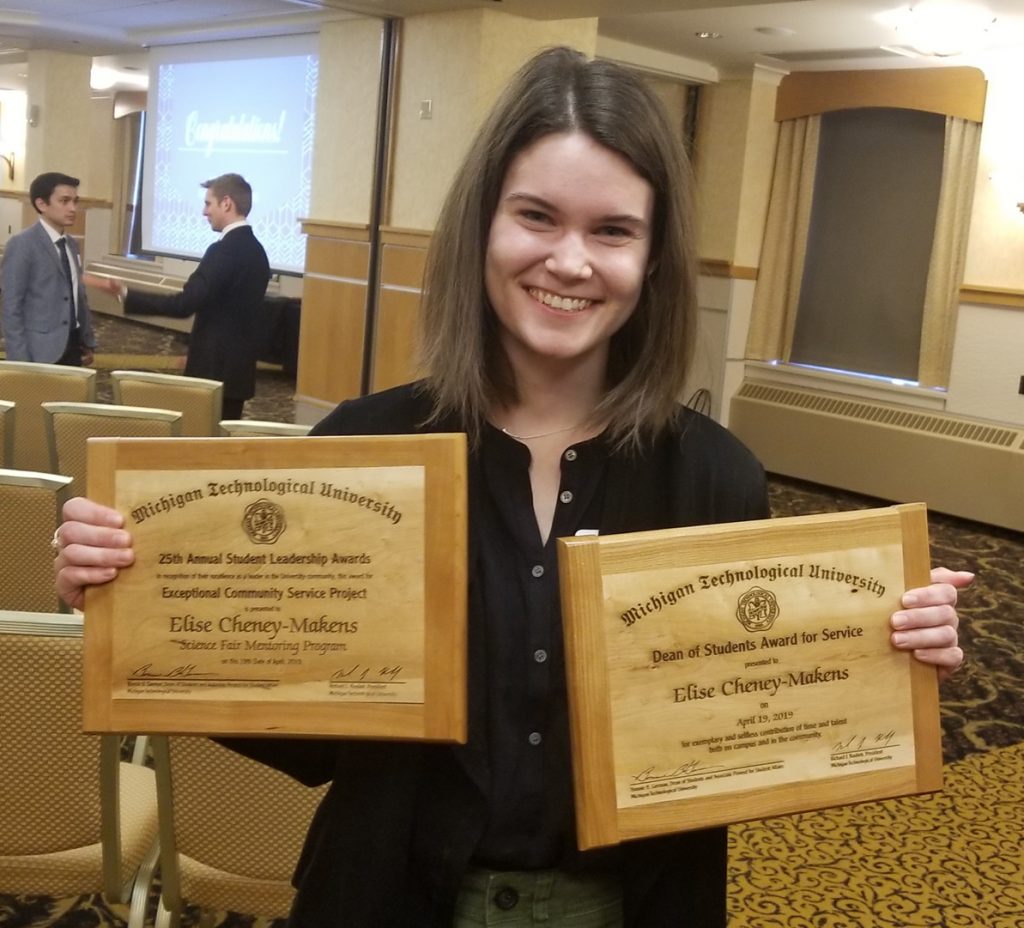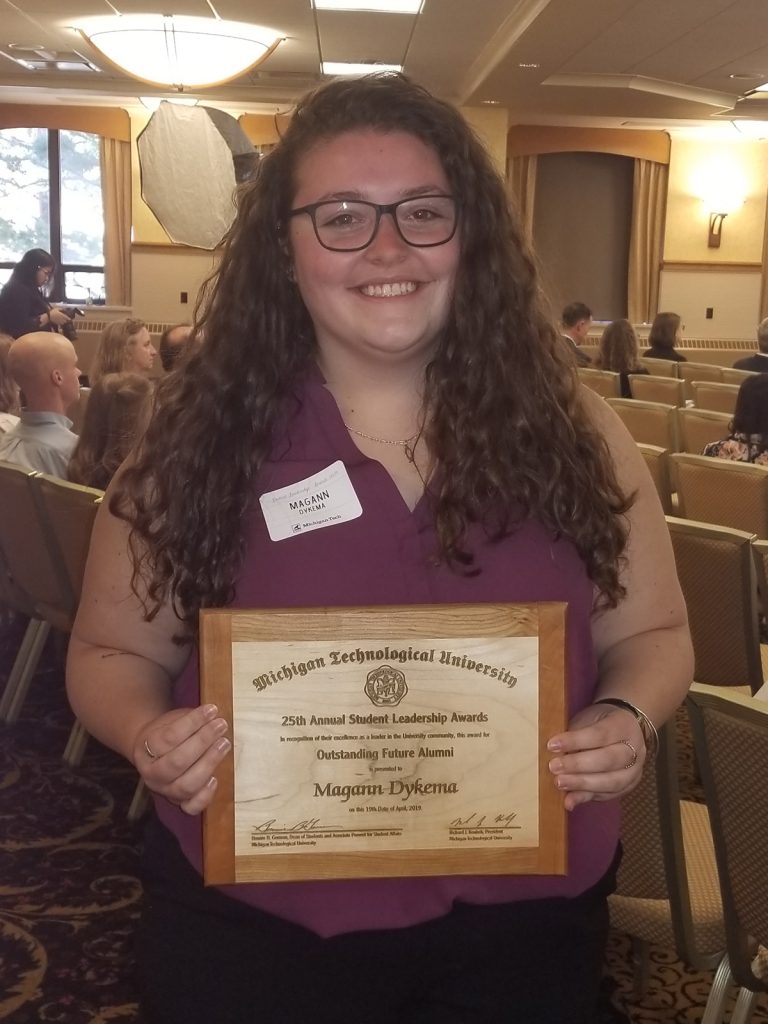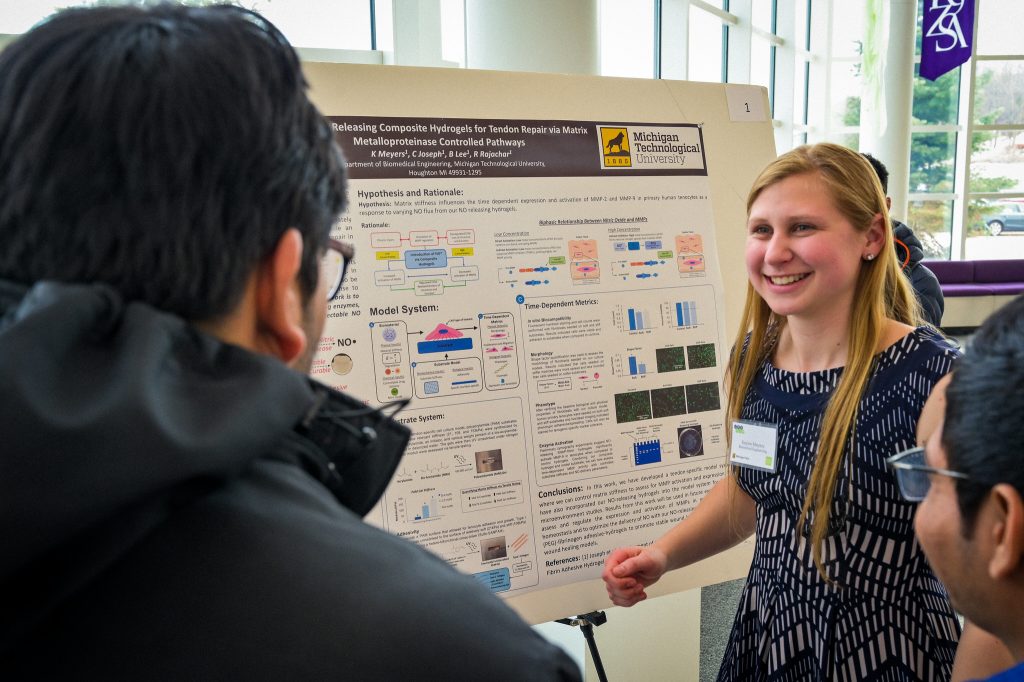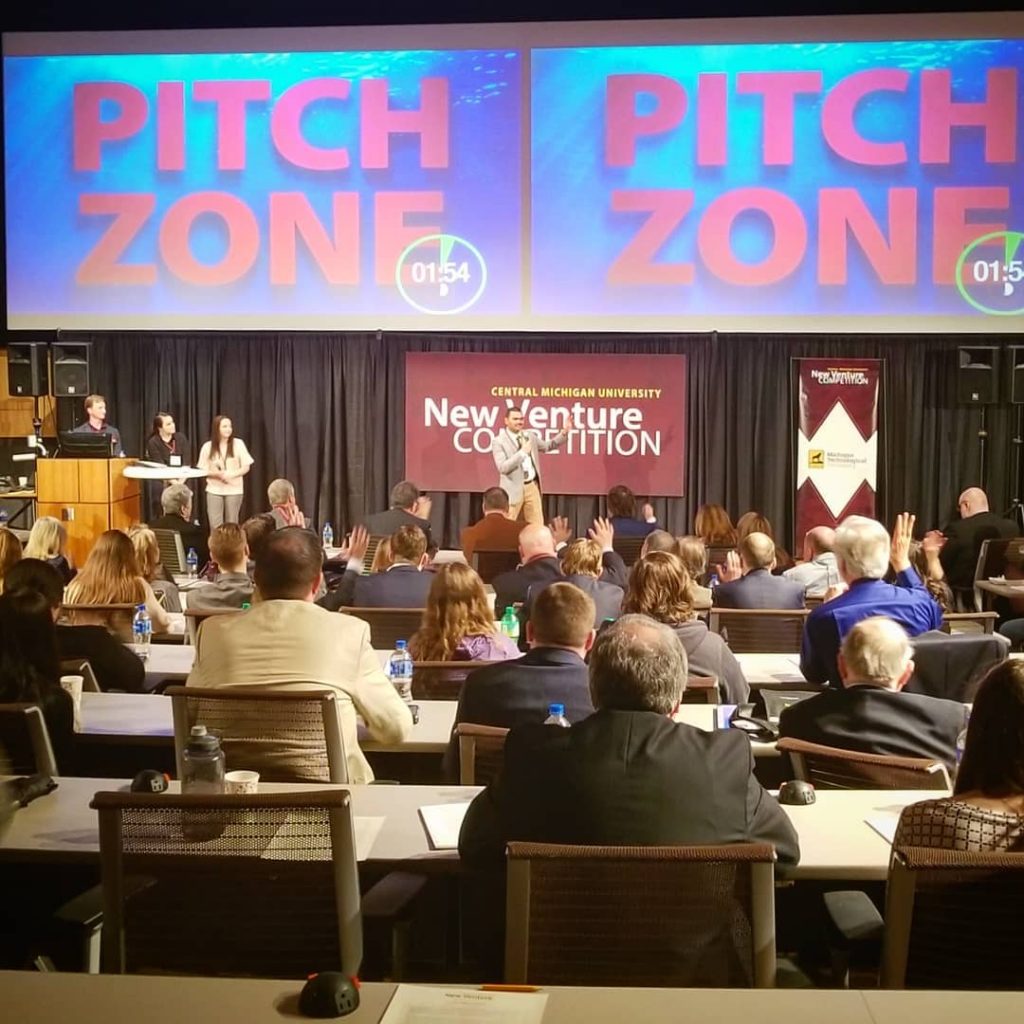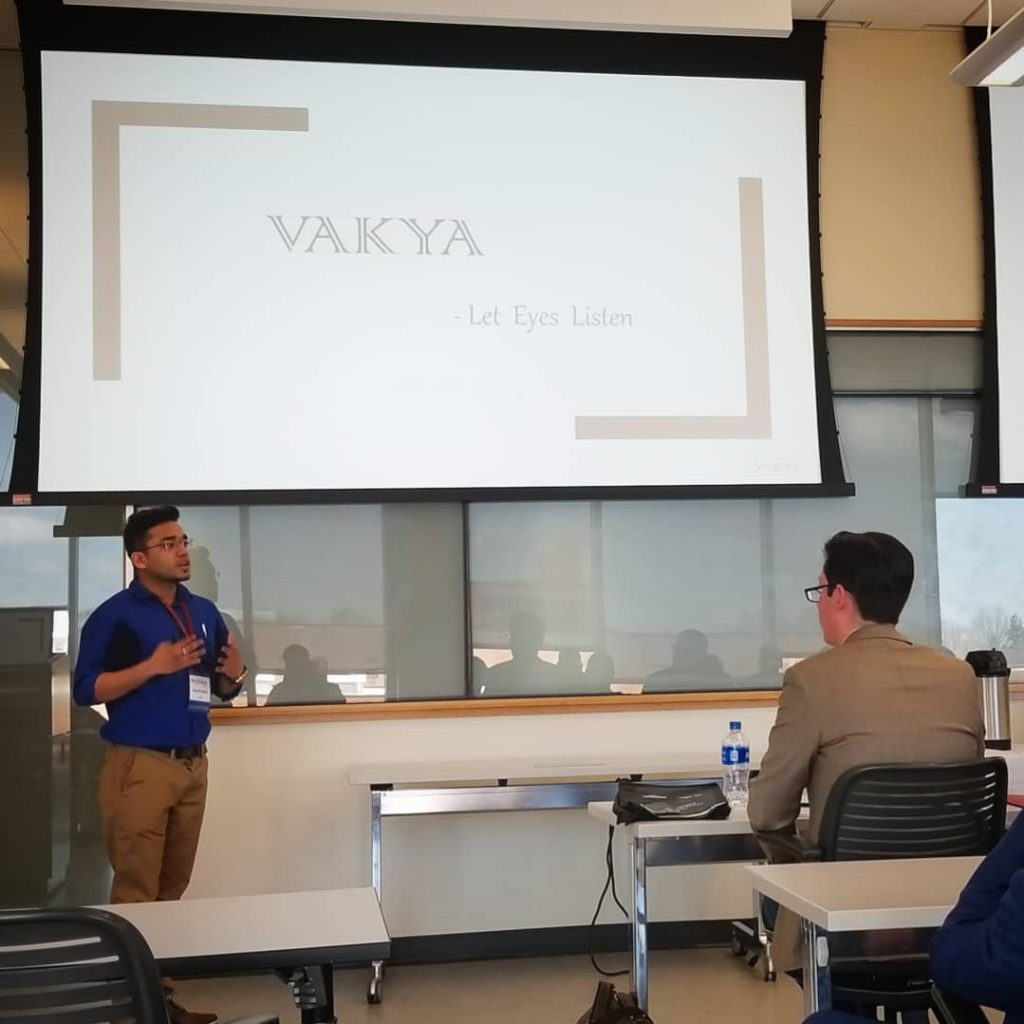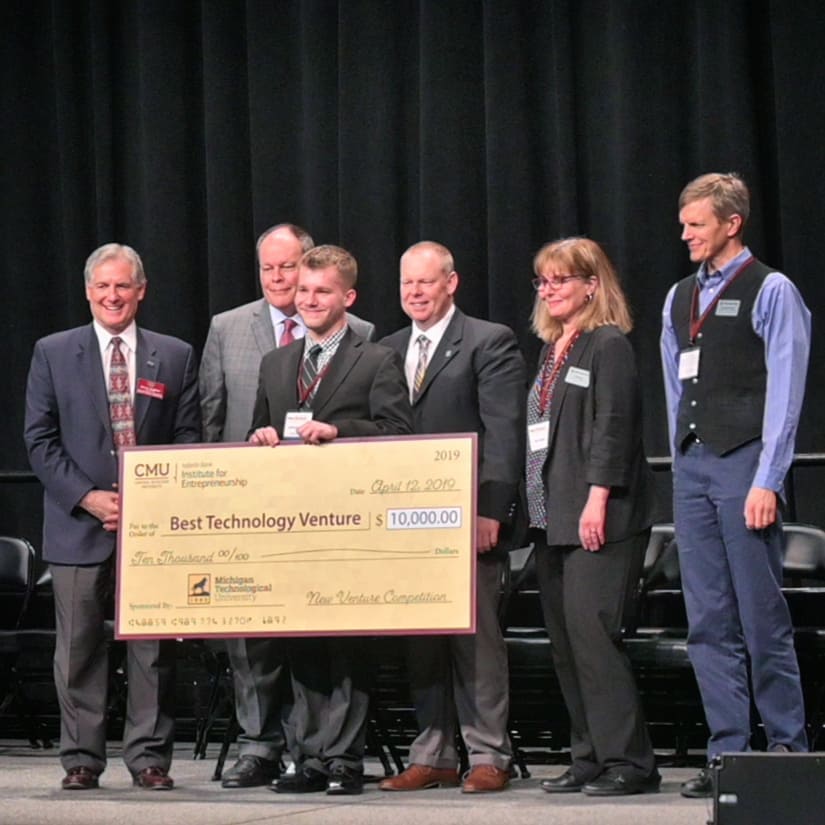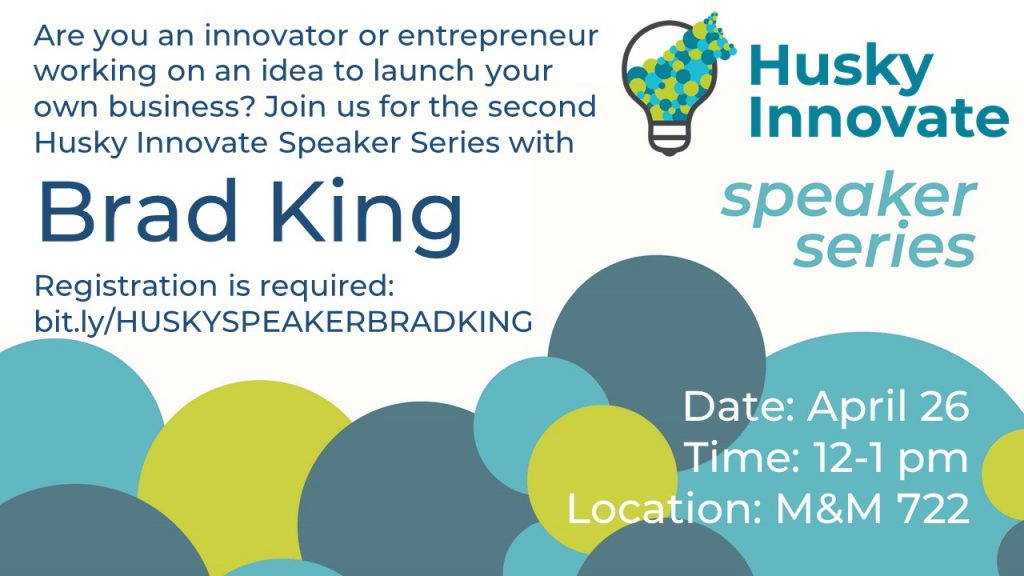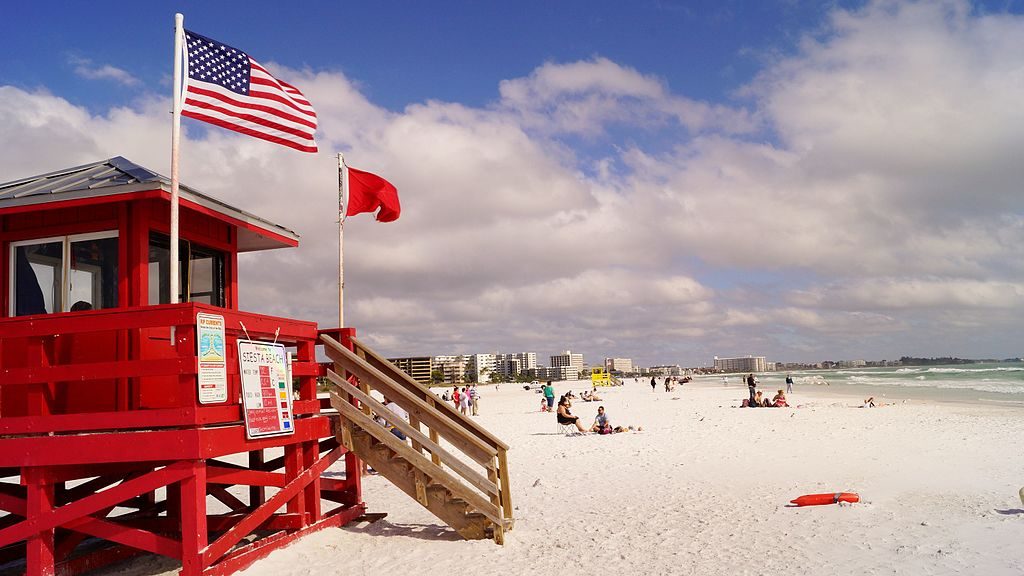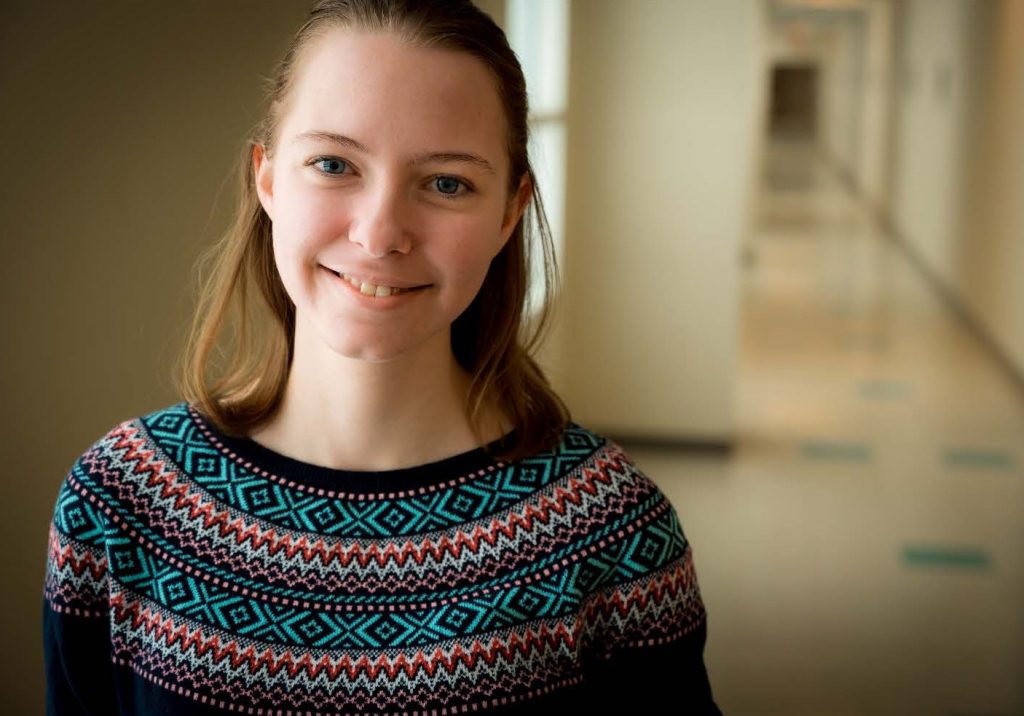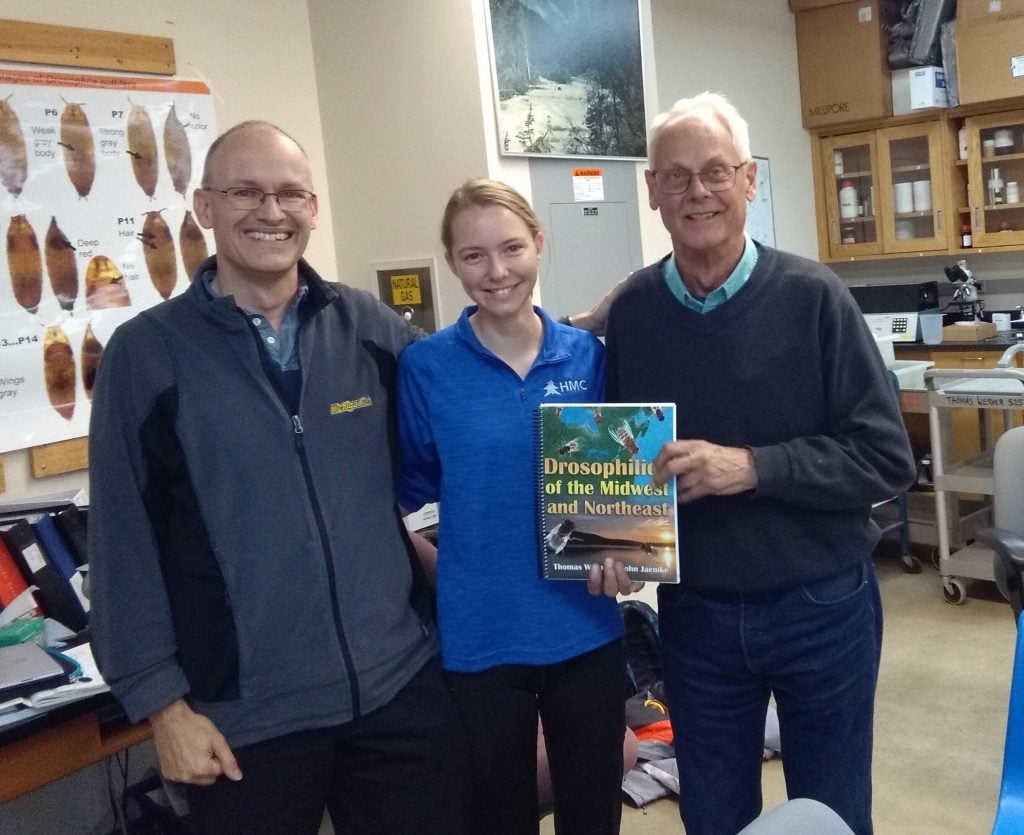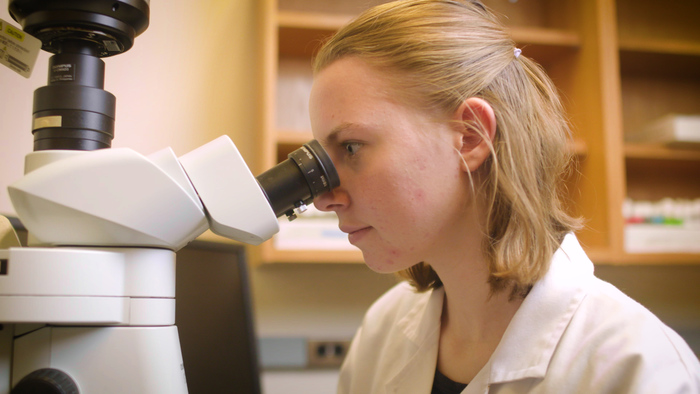A note from Lexi:
It’s crazy to think that we are leaving for Peru in a little more than 2 weeks! We will be arriving in Lima, Peru late on Monday, June 24th. I’m so excited to get the feel of the city and make some new friends abroad. I am also ready to be motivated and motivate others on making a change in my and their community. Many people have this stereotype that other countries need our help (and yes maybe some do), but we kind of force our help on others and we think that we know best, especially when we just give other people things without educating them on how they can do it themselves. The thing I hope to accomplish is to encourage and motivate at least one Peruvian to make a change in their community. Keep reading to learn about me and Nic before we go on this grand adventure!

Lexi is a 4th year studying Mechanical Engineering at Michigan Tech. She studied abroad in Valencia, Spain in the Fall of 2018. As a new University Innovation Fellow, she is focused on creating a zero-waste culture on Michigan Tech’s campus. She is also involved in Pavlis Honors College where she is in the Global Leadership Pathway, and she is a Pavlis Ambassador. Lexi is beyond excited to be on the Pavlis Pilot Team for the Lima, Peru Site during Summer 2019. Stepping out of her comfort zone and gardening are among some of Lexi’s interests.

Nic is a fourth-year Biological Sciences Pre-Health major going for a minor in Psychology at Michigan Technological University. Nic moved around a lot throughout elementary school but ended up finding a home in Lake Linden, Michigan about twenty minutes away from Michigan Technological University. He is apart of Pavlis Honors College along with Health Occupations Students of America and Mont Ripley Ski Patrol. In his spare time, Nic likes to spend to be outside doing things like run, snowboard, skateboard, swim, and bike.











